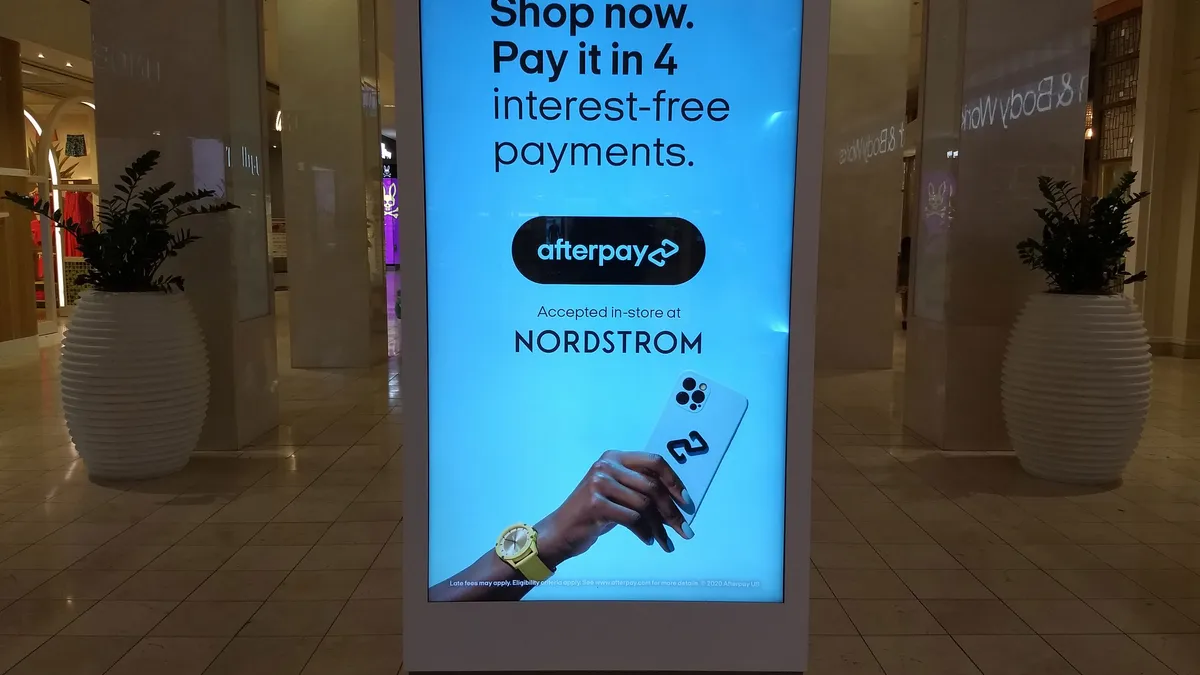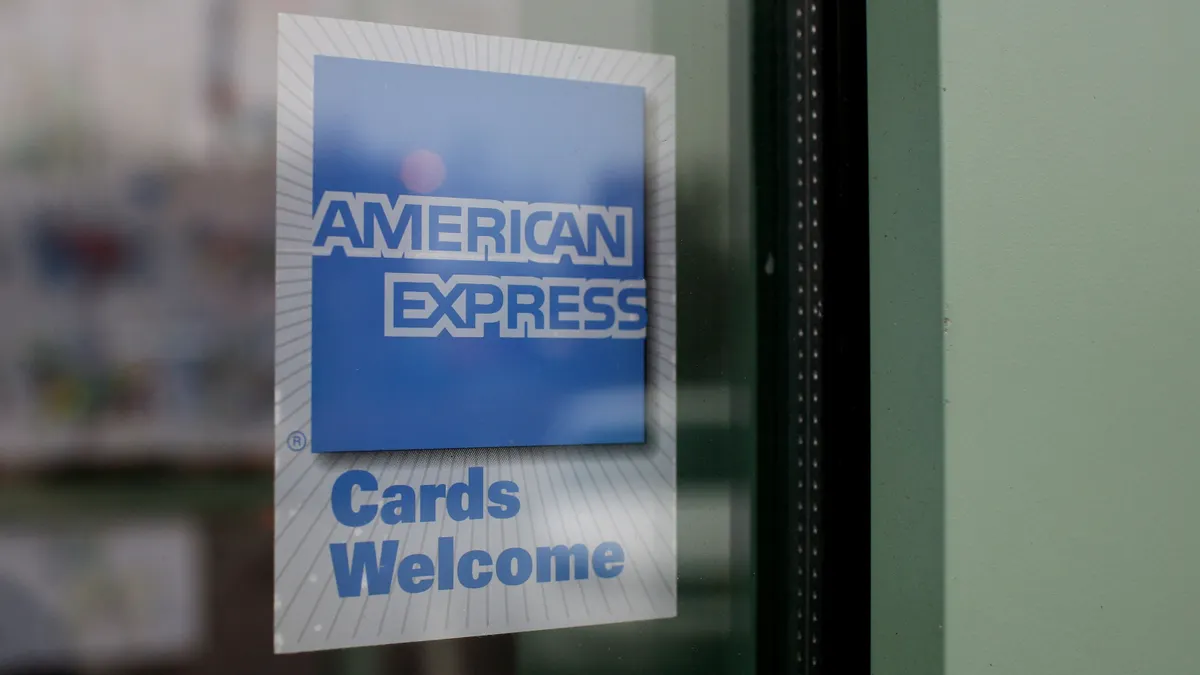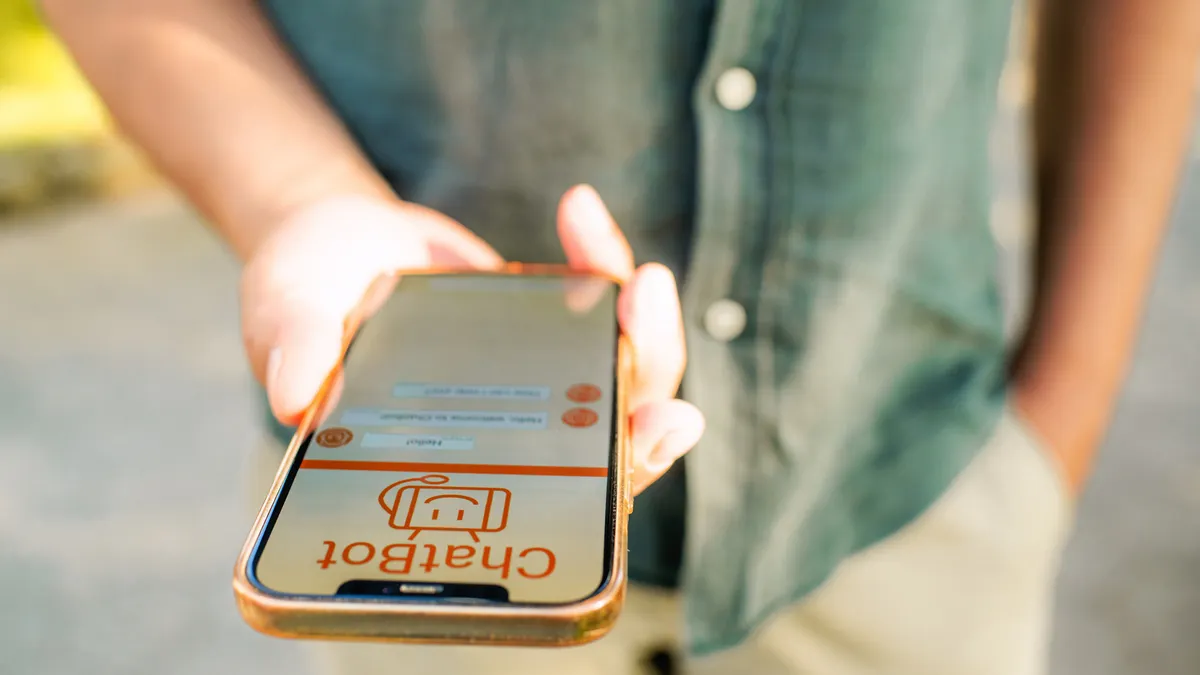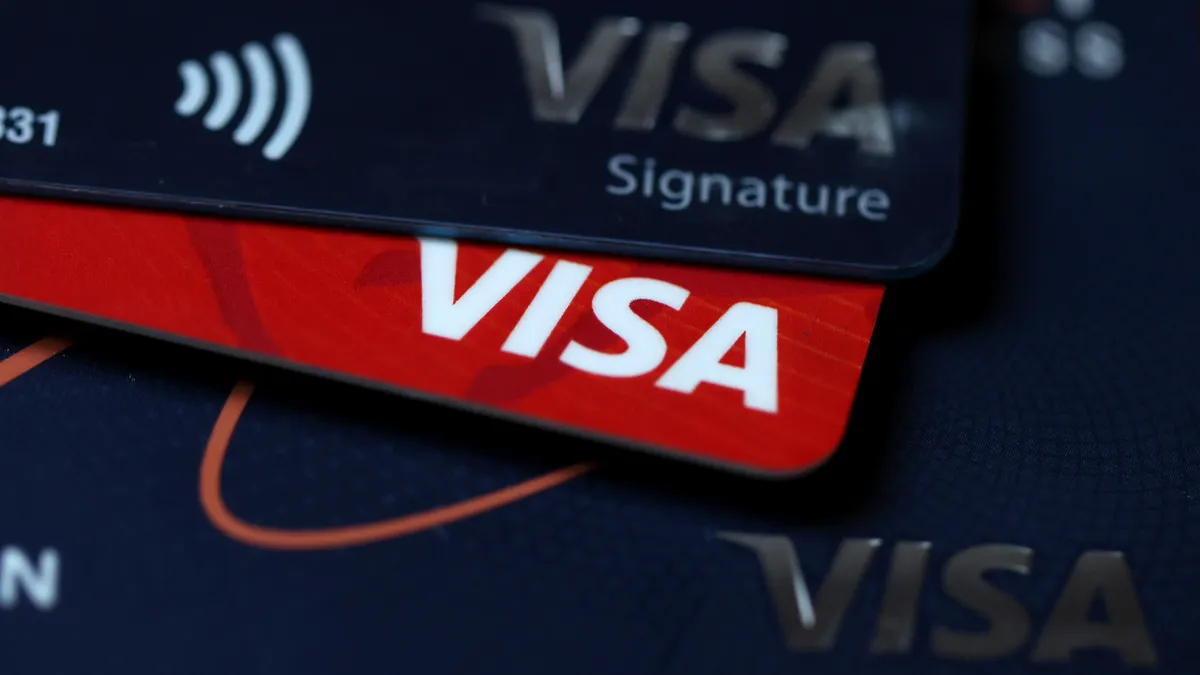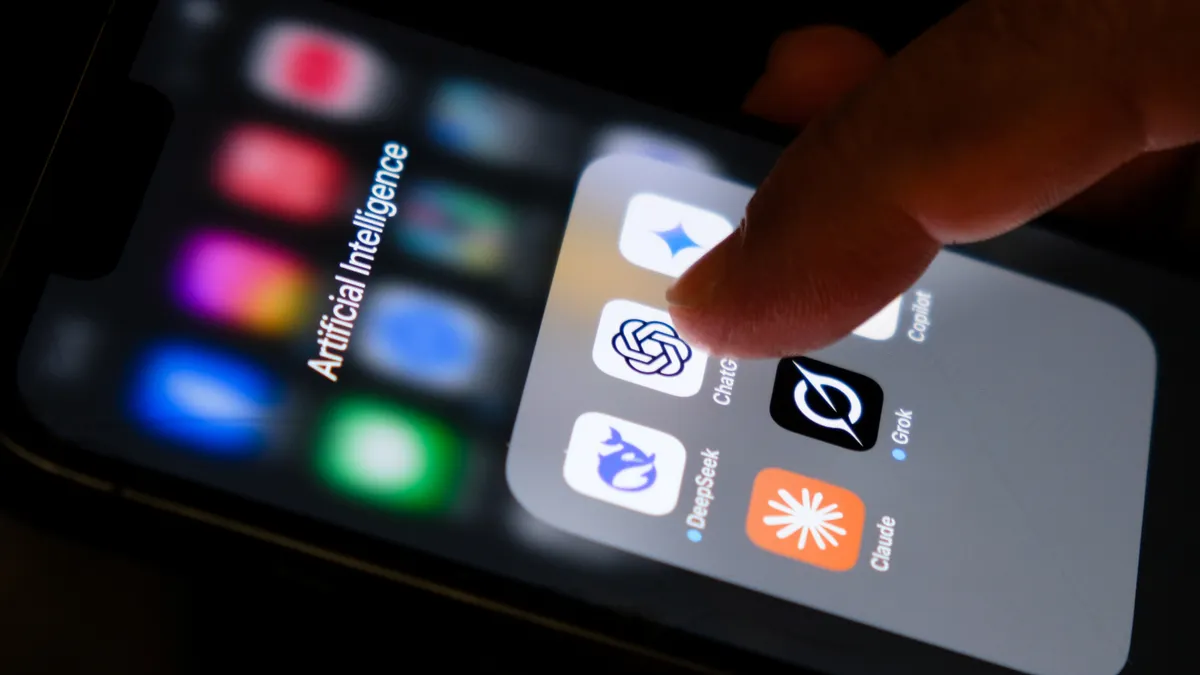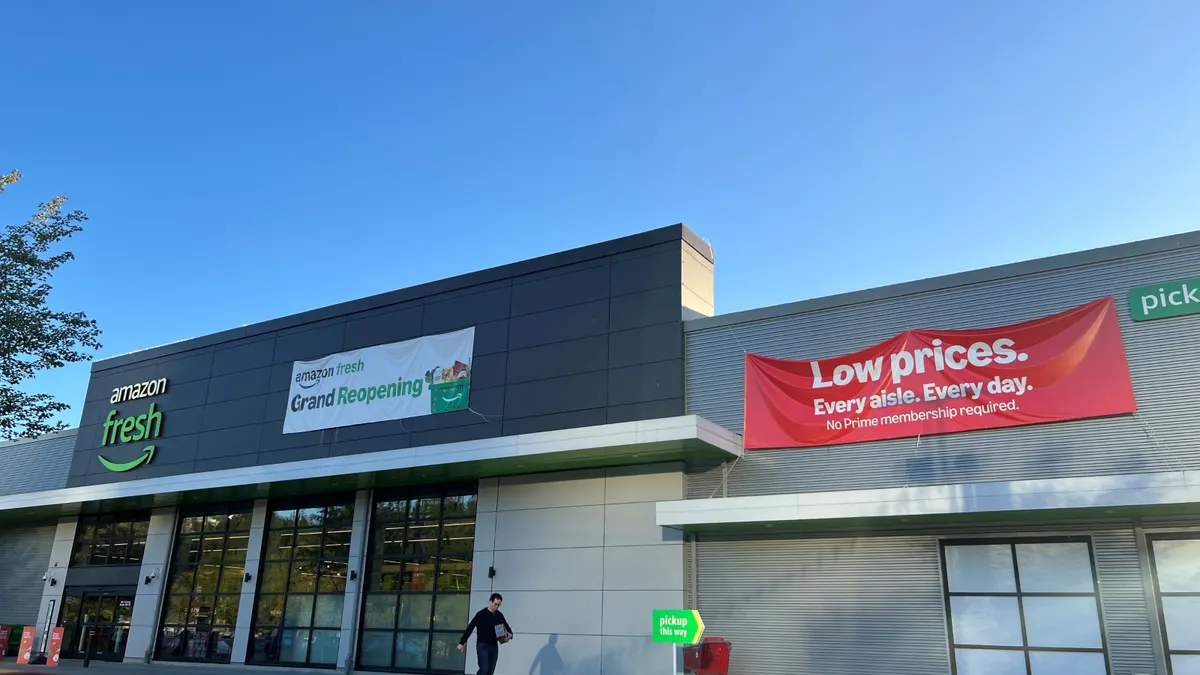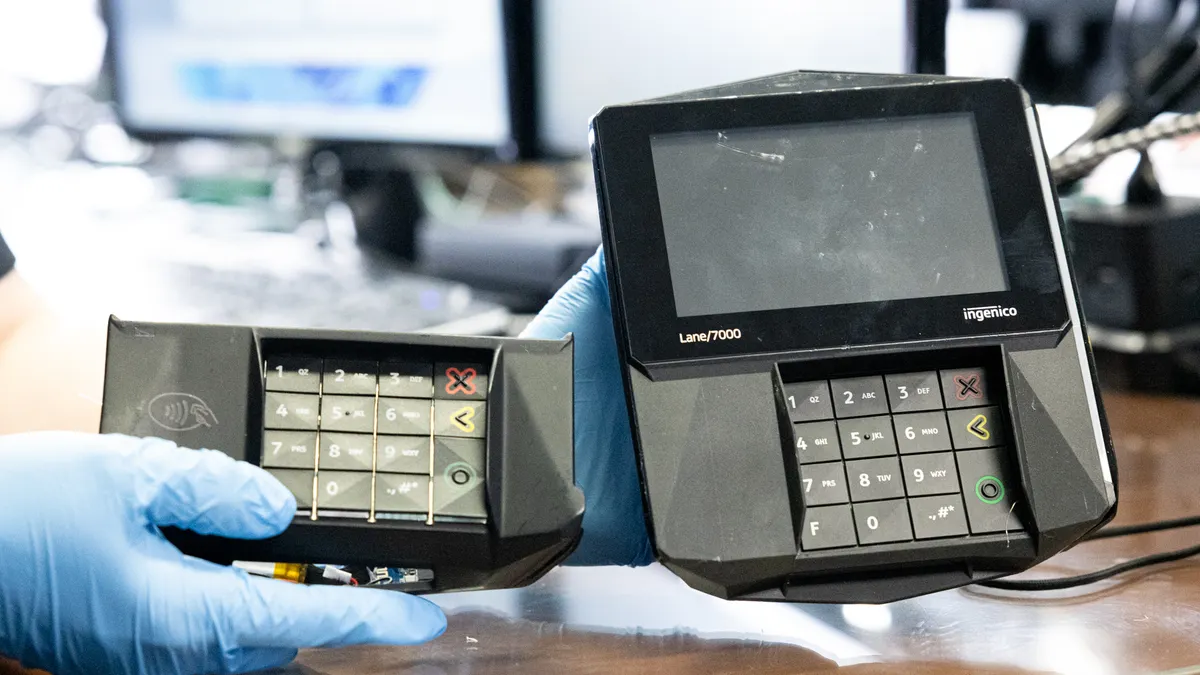Buy now, pay later providers Klarna Group, Affirm Holdings and Afterpay are encroaching on some of the services traditionally offered by banks, such as debit cards and deposit accounts.
The companies are using BNPL as a gateway to offer more products to customers and make themselves a one-stop shop for payments and financial services. This strategy widens their consumer reach and opens up a new era of competition for the world’s bankers, say analysts and consultants who follow the payments industry.
“If they’re already providing these kinds of services to their end users, which are bank-like, it's not a big leap on their product side,” said Cliff Gray, a Chicago industry consultant.
To be clear, banks offer services, like mortgages and car loans, that buy now, pay later players can’t compete with, and the latter often work with banks to expand their offerings.
BNPL firms were originally known for splitting transactions into four interest-free financing installments to be repaid by consumers over a few weeks, but now increasingly offer interest-bearing installment loans.
Swedish company Klarna announced earlier this month that it will extend its debit card offering, as well as accounts for customer deposits, into the U.K., following the rollout of such services elsewhere in Europe and the U.S. The release even noted it was a step in “Klarna’s mission to disrupt retail banking.”
Similarly, Oakland-based Block is using its Cash App debit card to entice customers to use its buy now, pay later service, Afterpay, the company’s CFO, Amrita Ahuja, said in September. Block put Afterpay on the Cash App debit card early this year.
San Francisco-based Affirm Holdings also offers a debit card.
The moves continue a yearslong trend of the BNPL players blurring the line between banks and fintechs, said Tony DeSanctis, a senior director at the consulting firm Cornerstone Advisors.
“Not only are they trying to [compete with banks], but they’re being pretty successful at it,” he said.
The Affirm debit card has 2.3 million active users, a spokesperson noted.
And Afterpay on Cash App’s debit card crossed one million active monthly users in July, a Block spokesperson said in an email. The card had 26 million monthly active users as of July, the spokesperson added.
Banks and credit card issuers seem to see the writing on the wall, as many have started to offer their own buy now, pay later products.
Battling banks
Citizens Bank, digital bank Synchrony and financial services company Bread Financial all offer installment loans similar to the services offered by BNPL companies.
In most cases, you have to open accounts with a buy now, pay later company before using their payment services, noted Richard Crone, a San Francisco-based industry consultant. And advances in technologies like artificial intelligence help BNPL players open these accounts at lightning speed, he added.
“Affirm and Klarna lead this transformation because they originate accounts before checkout, not after,” Crone said. “Traditional banks can’t match that speed.”
The account that a customer initially opens with a BNPL company like Affirm or Klarna can open the door to other accounts, such as the debit card, he said.
Banks still have appeal for a wide swath of consumers, Jacob Eisen, CEO of ICBA Payments, a subsidiary of the Independent Community Bankers of America, said in an emailed statement.
“Community banks compete by amplifying what fintechs can’t replicate: trust, customer relationships, and local market knowledge — and pairing that with a modern, data-driven payments infrastructure that reflects today’s banking needs,” the statement said.
Working together
The relationship between banks and the buy now, pay later industry is not always adversarial. For instance, Atlanta-based Splitit works with banks indirectly, through the banking software company DXC. Via DXC, Splitit seeks to extend its BNPL services to more debit card holders.
Ashburn, Virginia-based DXC services 300 million accounts, and those account holders will be able access Splitit’s split payment services on their debit cards, Splitit CEO Nandan Sheth said in an interview.
Banks are “starting to realize that they’re losing the battle with a certain cohort of consumers because they cannot do transaction lending,” he said.
On the flip side, DXC’s bank customers can help Splitit with services like underwriting buy now, pay later purchases, Sheth said.
Klarna announced a partnership with banking behemoth JPMorgan Chase in February, offering the bank’s business clients buy now, pay later services.
And while Affirm offers its own debit card, the company said in February that it will partner with bank services provider Fidelity National Information Services to offer its BNPL services to that company’s clients for possible inclusion in their debit card programs.
“This is a strategic way for financial institutions to remain top of wallet, address more transactions, and keep their cardholders’ spend within their ecosystem,” Wayne Pommen, Affirm’s chief revenue officer, said in a May blog post.



